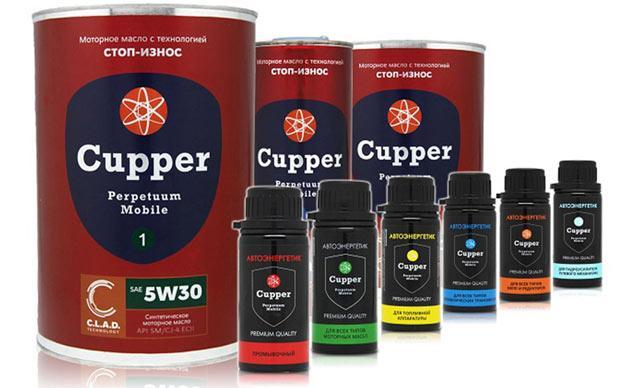
Additive Cupper. Opinions of car owners
What does it consist of?
The Cooper additive is produced by the Russian company Cooper-Engineering LLC. According to the manufacturers, the composition of all additives is unique and is the product of the development of their own laboratory.
The exact composition of Cupper additives is not disclosed and depends on the purpose of a particular additive. Among the company's products there are compounds for pouring into internal combustion engines, manual transmissions, automatic transmissions, power steering and other components of automotive equipment.
The additives are based on special copper compounds obtained by the so-called copper cladding. Thanks to the technology patented by the company, copper compounds do not just form a surface film, but partially penetrate into the upper layers of ferrous metals at the molecular level. This gives the film high adhesion, durability and strength. Some Cupper engine oils are enriched with the same copper compounds.
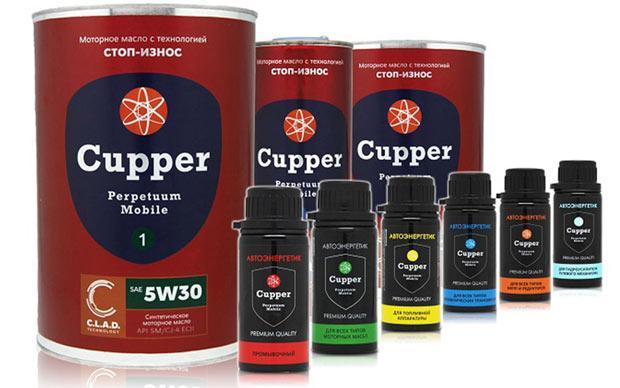

In addition to the unique copper component of its kind, Cupper additives are enriched with lubricating, cleaning and penetrating components. Depending on the purpose, the composition and concentration of the components used in the manufacture of the additive varies.
At the same time, the Cupper additive components do not change the original properties of the carrier lubricant and do not interact with the standard lubricant additive package.
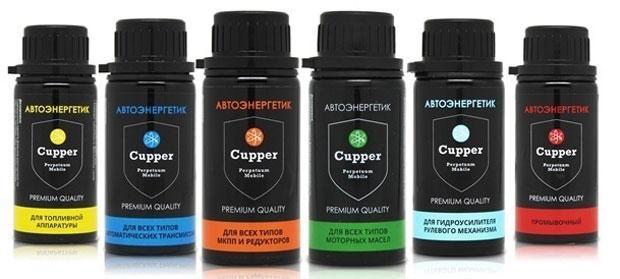

How does it work?
Due to the formation of an additional layer when using the Cupper additive, local restoration of worn metal surfaces occurs. It is important to understand here that these copper connections work effectively with only a little wear. The additive will either not have any effect on a deep, noticeable eye, crack or critical wear, or will only partially eliminate these problems.
The copper layer has a complex effect.
- Restores worn surfaces made of steel and cast iron by building up an additional layer on top of the base metal (cylinder mirrors, piston rings, camshaft and crankshaft journals, etc.).
- Forms a protective layer that reduces the effect of hydrogen and corrosion destruction.
- Reduces the coefficient of friction in contact patches by approximately 15%.
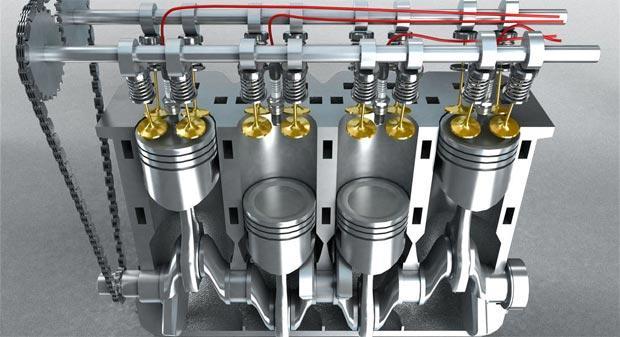

Thanks to these actions, there are several positive changes in the operation of the internal combustion engine:
- increase and equalization of compression in the cylinders;
- reduction of noise and vibration feedback from the operation of the motor;
- reduction in consumption of fuels and lubricants (motor oil and fuel);
- smoke reduction;
- a general increase in engine efficiency (with no increased or even reduced fuel consumption, the engine produces more power and becomes more responsive);
- generally increases the life of the engine.
At the same time, despite the manufacturer's assurances that the additive does not interact with engine oil, the service life of the lubricant increases. This is due to the fact that hot exhaust gases penetrate the oil to a lesser extent through the rings, and in the friction spots the contact load is distributed more evenly.
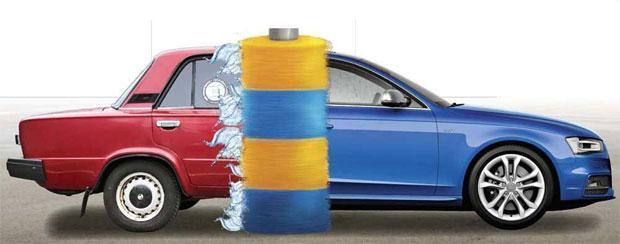

Reviews
The network has a lot of reviews from motorists about various Cupper additives. Definitely, motorists note at least some positive effect. However, few people received the whole range of positive changes that the manufacturer describes on its official website.
Here you need to understand that in the field of production and manufacture of additives there is an unspoken trend: all companies in advertising exaggerate the effects produced by their product. And in parallel, they do not add the main information that the list of effects, their intensity and duration of action directly depend on a large number of factors, such as:
- type of engine and its manufacturability (fuel, speed, compression ratio, forcing, etc.);
- the nature of the damage;
- intensity of car operation;
- external factors such as humidity, ambient temperature and other operating conditions of the car.
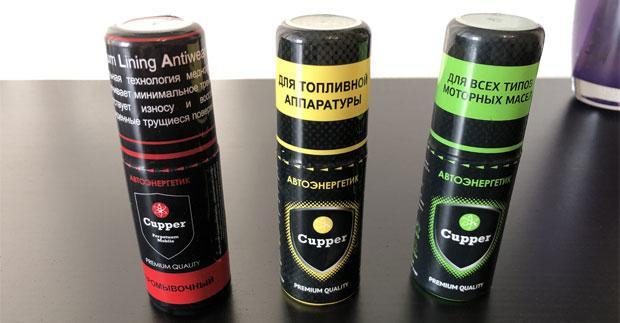

These factors are even more significant than the capabilities of the additive itself. Therefore, when using the same composition for different engines with different sets of damage, the effect varies greatly. Hence such an abundance of reviews of various tonality: from extremely negative to enthusiastically positive.
If taken as a whole, to make a representative sample of the reviews of motorists, then we can say with confidence: Cupper additives work. Although the promised and actual effects differ quite a lot.


Watch this video on YouTube